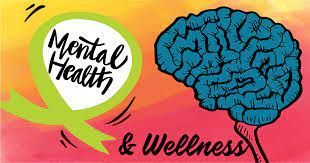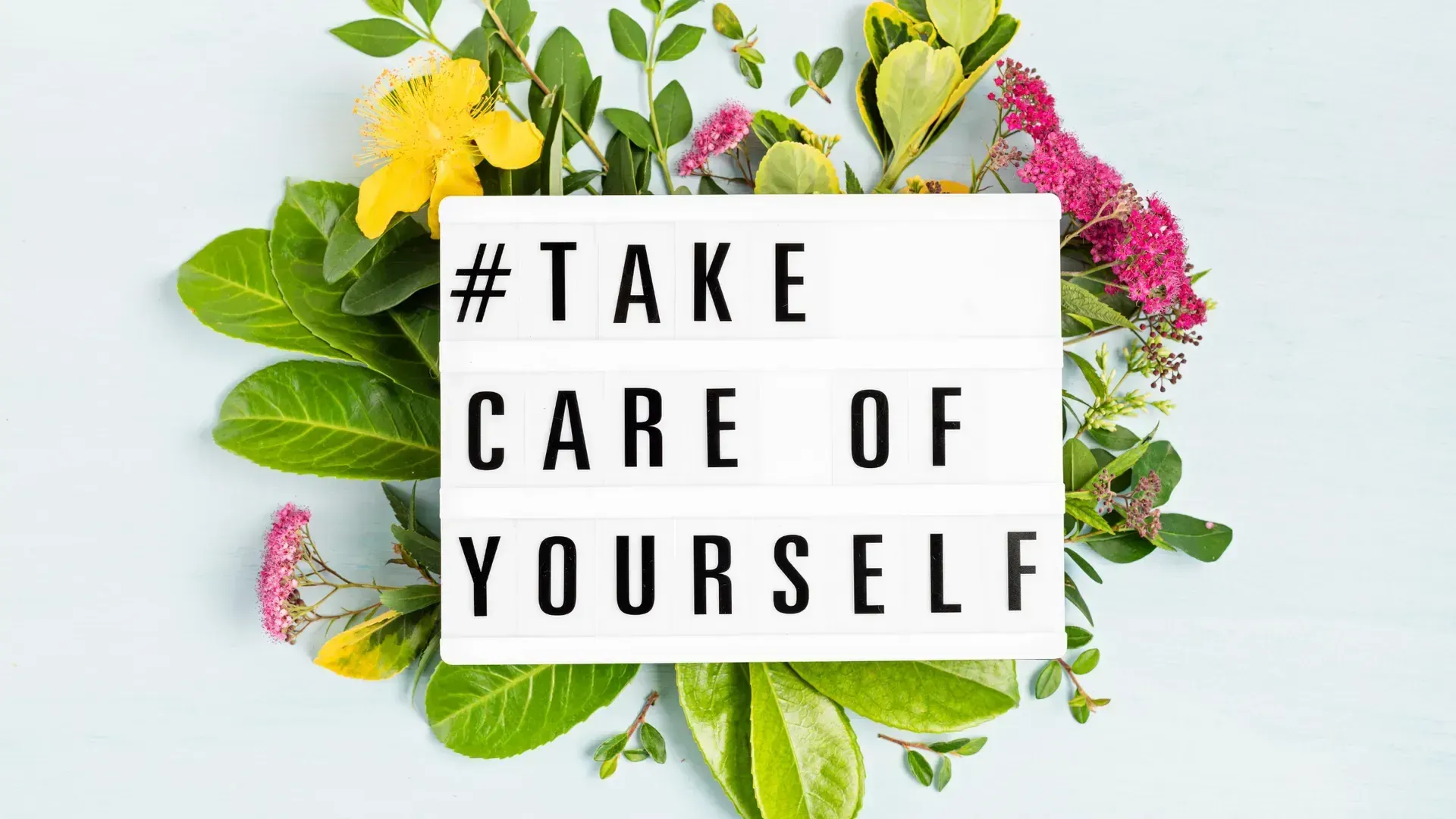Mental Wellness Month

Did you know that for every four seniors, at least one will experience some form of threat to their mental health? Seniors are susceptible to the risk of the development of mental disorders like dementia or depression. Exactly 15 of those sixty and older have a mental disorder and it is important to realize that you do not have to have a diagnosed mental condition to take interest in your well-being and that is what the month of January is about (ourseniors.net).
What is the cause of stress, anxiety, or depression in our seniors? Isolation is a large factor; being isolated from family and friends can cause severe depression and anxiety in our seniors. When mom or dad passes away and the other is left to live alone it can become very lonely. Most of the time the children live in other states or are too busy with their own lives to visit regularly. This leads to depression and anxiety and can be extremely stressful for an older person.
Depression and anxiety can, in turn, lead to dementia. A key hormone released when you are stressed, cortisol, has been linked to problems with memory. Stress is also linked to conditions such as depression and anxiety. These have also been suggested as factors that could increase the risk of dementia (Alzheimers.org.uk).
January is mental wellness month, and we all need to be aware of our mental wellness. Dementia used to be only for the older generation, but it has evolved and does not discriminate any longer. What can you do to increase your mental wellness? Start by taking time for yourself, making a play date with yourself, and doing something fun to relieve some stress can make all the difference in the world. You can check in with friends and family to see how things are going and let them know you care about them. A few more suggestions are outlined below:
· Get an adequate amount of sunlight and fresh air.
· Add things that you enjoy to your daily or weekly routine.
· Make physical fitness a part of your wellness plan.
· Stay up to date with your health screenings.
· Do not underestimate the power of learning new skills.
· Take trips just for the sake of it, even if they are just little trips.
· Make sure you get enough sleep.
Improving your mental health will increase your overall health. Just remember, when your body is telling you that you need to rest and eat properly, please do it, your body does not lie to you.
If you find that you need assistance for yourself, or for a parent, please give us a call at 386-847-2322, we can help. Placing your loved one is not a terrible thing; it is good for their mental health. Assisted living communities offer activities, camaraderie, and interaction with others. They offer peace of mind knowing that you or your loved one is not isolated and alone.
Call us today, our services are FREE.




